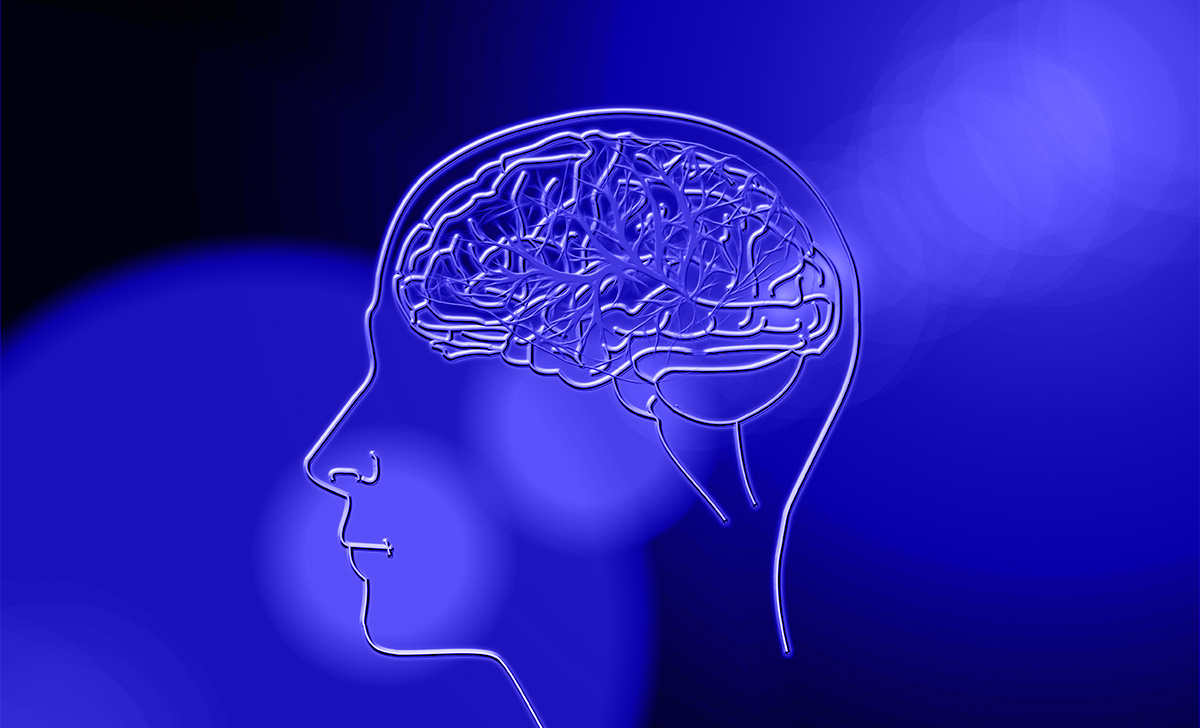The brain is the most fascinating and mysterious organ in our body. For this reason, keeping it young and preserving it from future diseases is an important and common goal. Neurodegenerative diseases are certainly among the most feared and not only among the elderly. However, for many of them there is still no real cure. But science is increasingly trying to figure out what is good for our brains. Many studies focus on the diet to follow, others on the effects of healthy habits such as sport. In this context, there is an interesting research according to which the brain seems to age less and keep dementia away in those who develop this ability. We are talking about polyglotism, or the ability to speak more than one language.
Can our language predict the health of this organ?
A study, conducted at the University of Waterloo (Canada), claims that a brain full of ideas is more likely to be a healthy brain as well. The research, carried out to achieve this result, was truly particular. The researchers, in fact, examined a sample made up exclusively of nuns, aged 75 and over. To justify the choice, the fact that the sisters all had an almost identical lifestyle.
The 325 sisters of the School Sisters of Notre Dame have agreed to undergo memory, physical and genetic tests. In addition, they donated all their writings (letters written and received, diary pages) to research. Cross-analysis of the results of the various tests gave a disconcerting result. According to the doctors leading the research, nuns who mastered multiple languages correctly had a lower risk of developing dementia.
The brain appears to age less and ward off dementia in those who develop this ability
According to the data collected by the study, only 6% of the sisters who spoke 4 languages would have developed dementia. On the other hand, the percentage rises to 31% for nuns who spoke only one language. The study is even more baffling because it seems to go against the trend of previous research. Some scholars, in fact, had theorized a possible relationship between bilingualism and dementia. On the contrary, Canadian research would show how the ability to switch from one language to another in some way trains our brains. Polyglots would develop better cognitive flexibility, which would help their brain keep fit.
Recommended reading
In addition to phosphorus and omega 3, it would be this exercise that helps to preserve an iron memory
